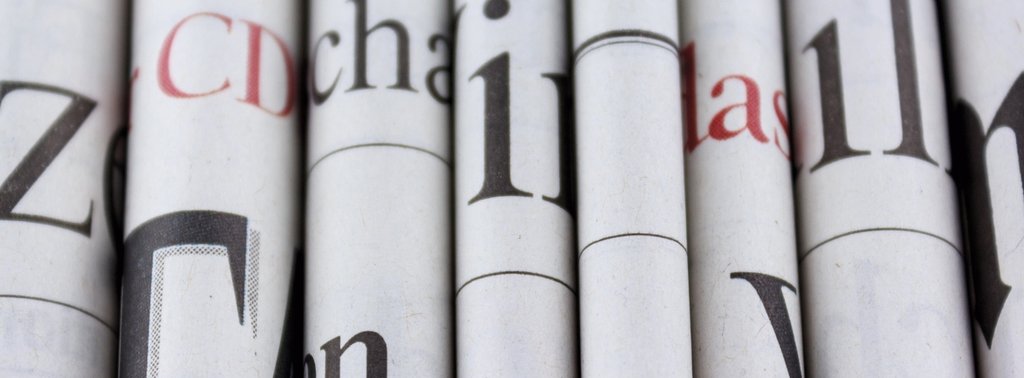Nord Stream Finalises Agreements with Fishermen
Sept. 15, 2009 | Zug | Nord Stream finalised agreements with German, Finnish, Swedish and Danish fishery associations that govern compensation and mitigation measures to be taken during construction and operation of the pipeline. With the Russian Federal Fishing Agency a compensation payment was agreed on. All agreements are in accordance with the specific, relevant legislation and are based on negotiations with fishermen and fishing authorities.
As part of the permitting process, Nord Stream conducted a detailed assessment of the possible impact on fishing activities, as the planned pipelines cross important fishing grounds in the Baltic Sea, in particular those near Bornholm. Fishing plays an important role in the communities along the Baltic Sea coast, and one of Nord Stream’s priorities as a responsible operator is to ensure that fishing activities remain safe and unrestricted by the pipelines as much as possible. The assessment shows that Nord Stream will only have some local impacts of minor significance.
While the pipelines have been designed to withstand the impact of fishing activities, fishermen will have to modify their trawling patterns and fishing techniques in certain places. Nord Stream will compensate them for this additional effort required to fish in the vicinity of the pipelines, as well as for restrictions that will arise during construction works.
Positive Effects from an Environmental Point of View
The agreements achieved base chiefly on the fact that Nord Stream has initiated the advancement of a new type of trawl board to enable bottom trawling over obstacles such as a pipeline. It has been tested by members of the Fishermen's Associations of Bornholm and Christiansø with positive results, not only regarding catches, but also with regard to fuel consumption and saving time. In addition, the new trawl boards glide along the seabed, which makes them advantageous from an environmental perspective, by reducing the amount of seabed disturbance typically caused by traditional bottom trawling equipment.
Nord Stream is committed to supporting fishermen as they adapt to the new situation by establishing an information programme in cooperation with fishermen's organisations. The programme will explain how to fish near the pipelines during the construction and operation phases. Briefings are scheduled to be conducted in all Baltic Sea countries in Q4 2009/Q1 2010. Experience with numerous offshore pipelines in the North Sea has shown that fishery and offshore pipelines can co-exist safely.
The pipelines' coordinates ("as built") will be provided in a format compatible with electronic systems used in professional fishing. Throughout the lifetime of the project, a permanent point of contact will be available to fishermen to answer, for example, any questions concerning unplanned events. Incidents such as damage to fishing gear will be handled on a case by case basis. Nord Stream will have an insurance policy in place to cover such cases, if necessary.





